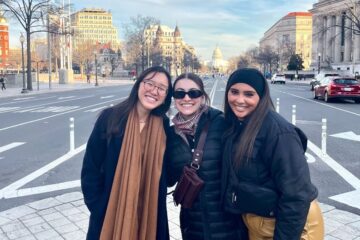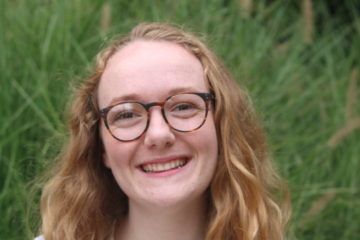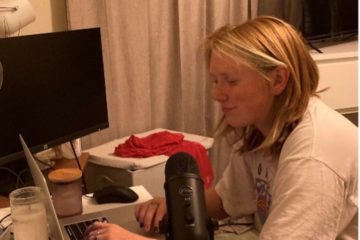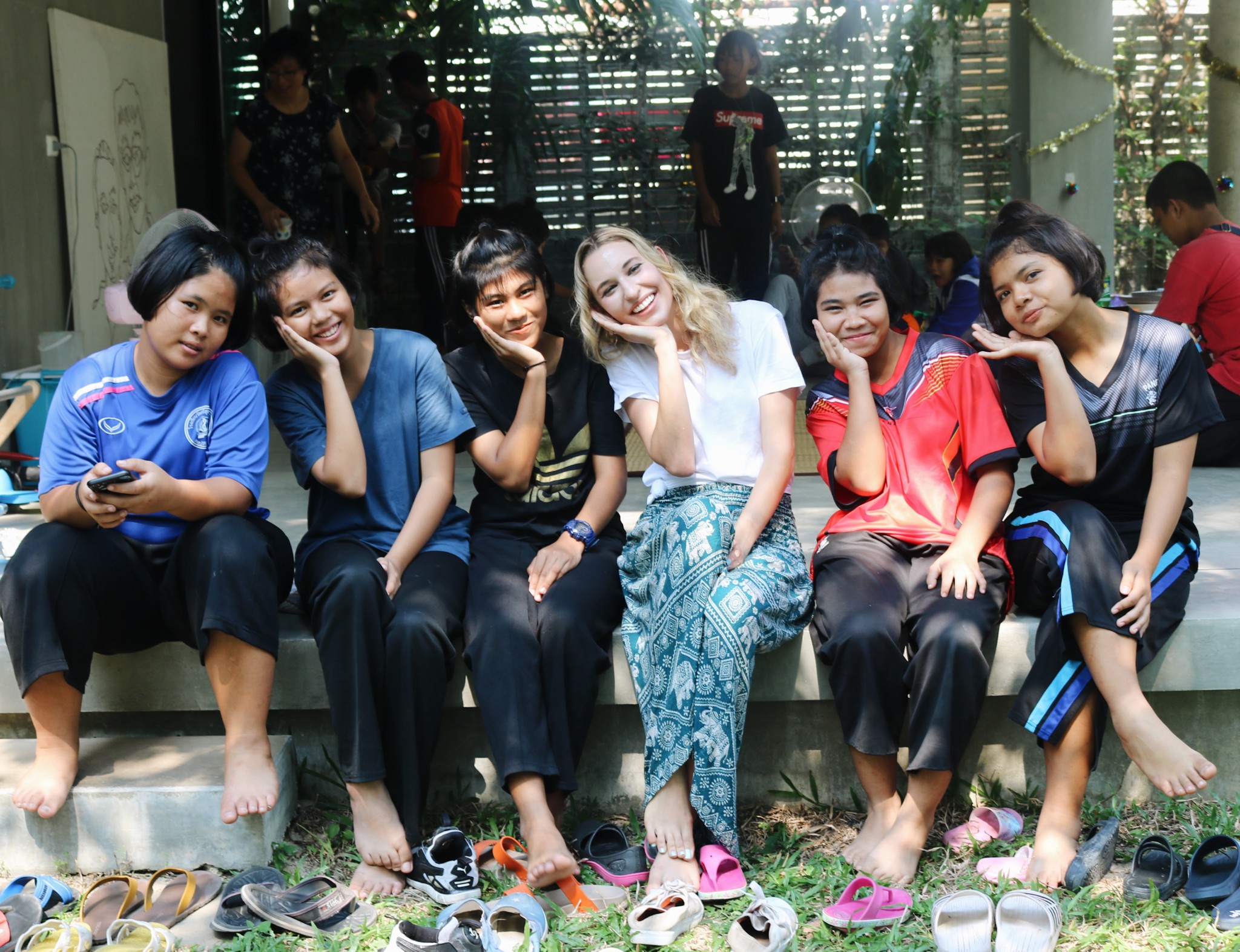
Photos Curtesy of Allison Joseph
Allison “Ally” Joseph (SCR ‘20) is an Environmental Analysis and Psychology major from Long Beach, CA. She is an ambassador for the National Eating Disorder Association, and works on campus in the 5C Mental Health Alliance, 5C Human Rights Committee, the Body Project Alliance, and Disability Illness and Difference Alliance. In line with her on campus advocacy work, Ally wanted to connect the perspectives of women from Southeast Asia and Western cultures on women’s lived experiences and create an intercultural understanding and dialogue.
In order to explore these perspectives, Ally has been working since June 2018 with women and young girls in Myanmar and Thailand on her project “An Exploration of “The Ideal Woman”: A Contemporary Ethnography and Empowerment Project for Women in Thailand and Myanmar”. The project’s goal is to empower, inspire, and challenge these women and girls, using critical thinking and creativity to produce theater, art, dance, or photography to generate their own versions of “The Ideal Woman”.
Ally also used ethnographic interviews and other research along with the women and girl’s art to explore the various perceptions of “The Ideal Woman” in different socioeconomic and environmental circumstances. In particular, the young women in Mahachai that Ally worked with, who were migrant youth, created a performance piece that challenged the dominant cultural media’s gender norms. Ally felt that the young migrant girls were able to discover their voices and redefine their images in a safe space through performance and creation.
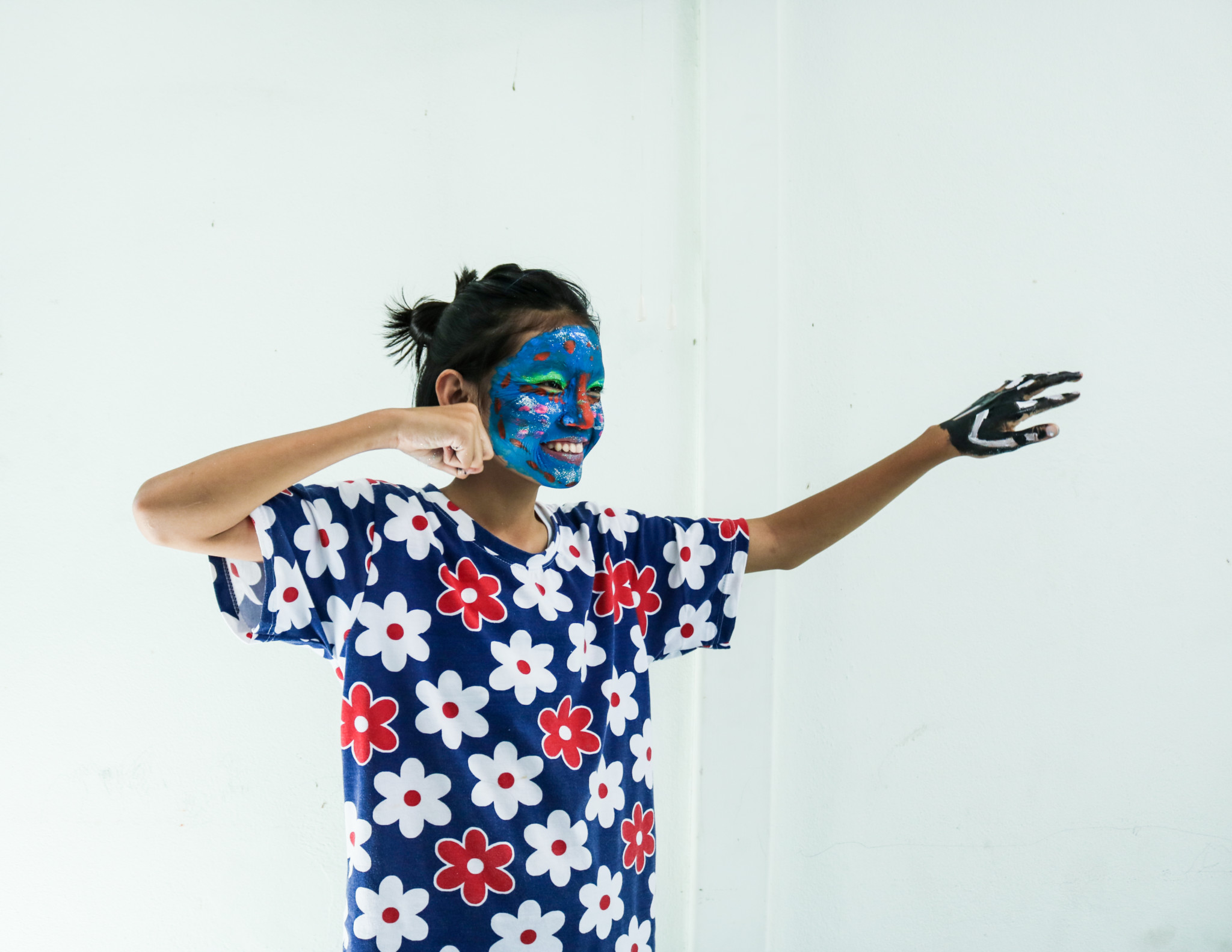
Photos Curtesy of Allison Joseph
Ally anticipated that forming connections with the young girls and women would pose the biggest challenge. She went in to the project only knowing a few basic phrases in Thai and no Burmese. Despite this barrier, patience, understanding, and amazing translators helped bridge this gap. Ally knew that the experiences and feelings she was asking these young girls and women to share were challenging, both to have and hear. Ally created a safe space for these girls and women to express themselves at their own pace, allowing them to feel, share, and grow comfortably.
Despite these worries, in the beginning of the project, Ally found that seeing just the simple, everyday experiences of those she worked with was really what was most exciting, such as waking up early to walk to the market or sitting in a teashop watching the monks collect a morning offering. After five months she realized that those everyday experiences became her everyday experiences, and those she worked with became close friends, and even like family. She feels these connections are now lifelong.
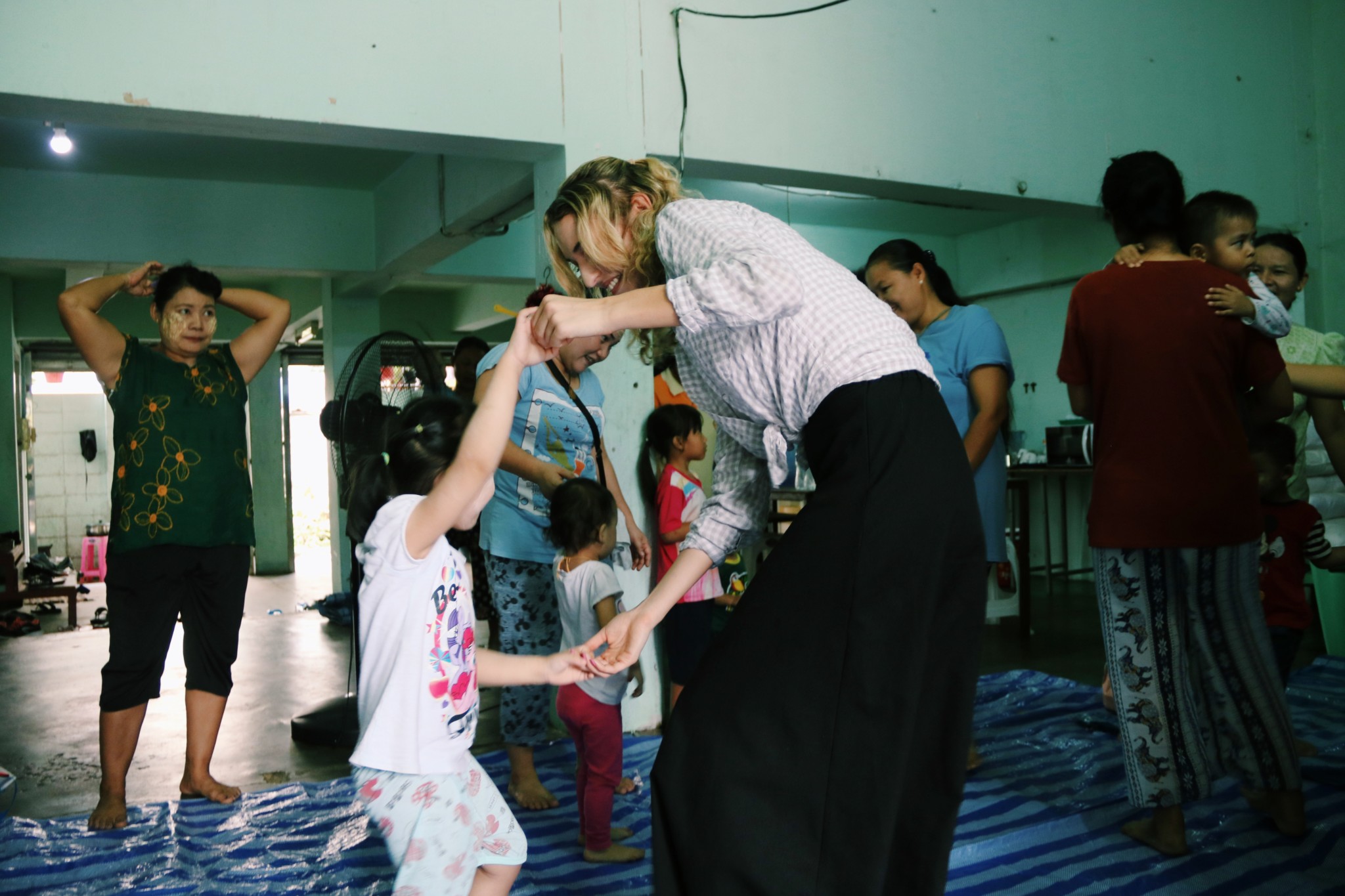
Photos Curtesy of Allison Joseph
Ally created this project out of a personal need to redefine and recreate her own notions of the “The Ideal Woman”. She challenged the dominate social and cultural ideas of femininity during a time of healing in her life in which she fought to recover from her eating disorder. Therefore, she reflected in this project the ways in which examining and deconstructing these ideas of femininity and “The Ideal Woman” saved her. She hoped she could share her experiences and the support she gained during her own journey and create a safe space for women and young girls to create their own definition of self.
Ally recalls one particular instance which changed her both as a researcher and personally. Ally visited a monastic school in a rural area north of Yangon. She went with leaders from Girl Determined, a Burmese community-based organization, which helps girls meet with peer groups in their program, Colorful Girls Circles. While interviewing one of the girls, Ally was surprised when her first, most simple question caused the girl to cry. Ally had asked where the girl was born. The girl answered that she was born in Pathein, but her parents died. After being adopted, her new parents died as well, and she was sent away by her remaining family. She told Ally, “I am an orphan. I do not know what will happen to me, but for now I am okay”. Ally realized that even these seemingly simple questions could be the most difficult for those she was interviewing. This conversation helped her understand the inextricable link between research and humanity, that she is not separate from the communities the works with, but a collaborator within them.
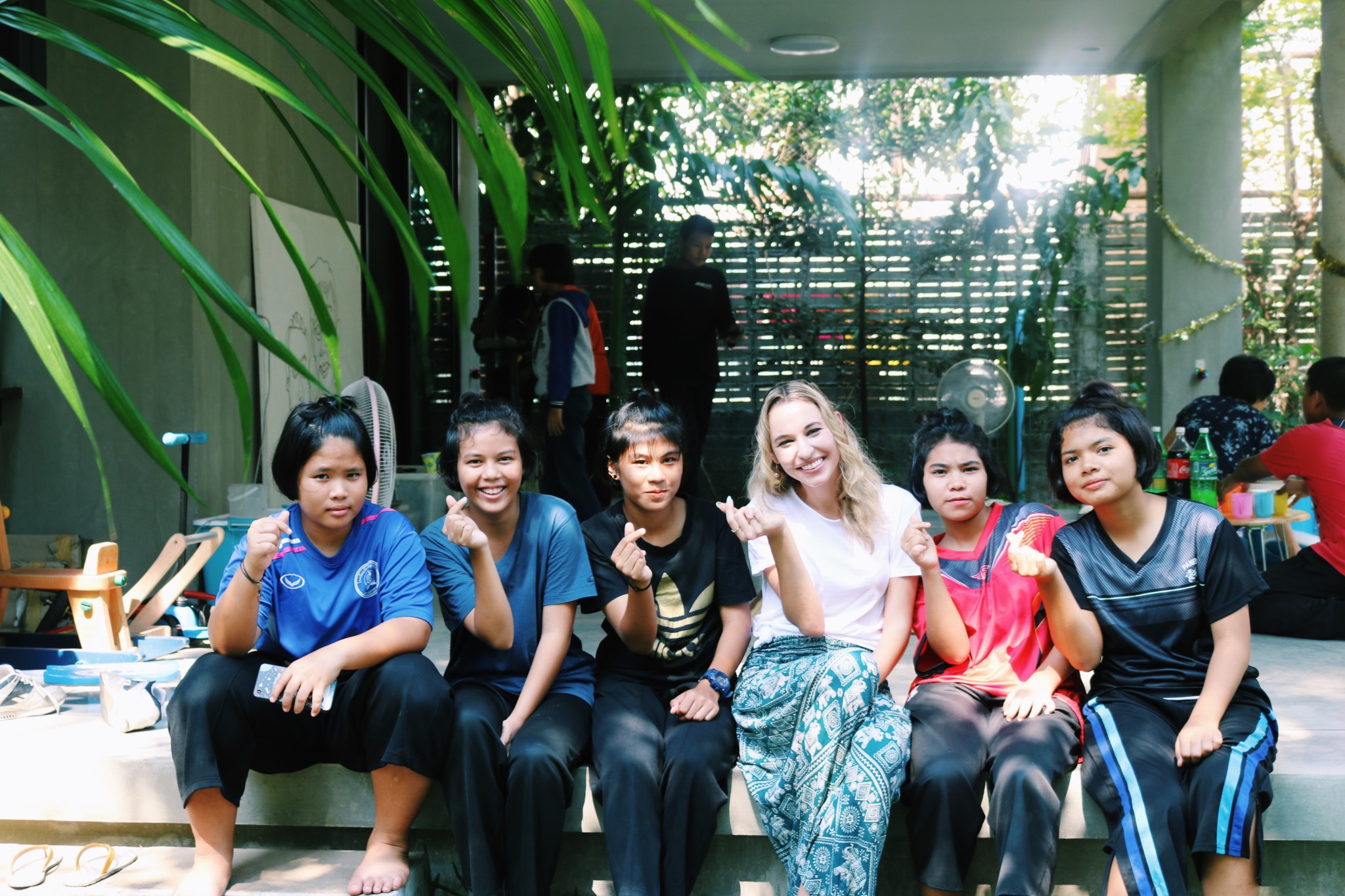
Photos Curtesy of Allison Joseph
